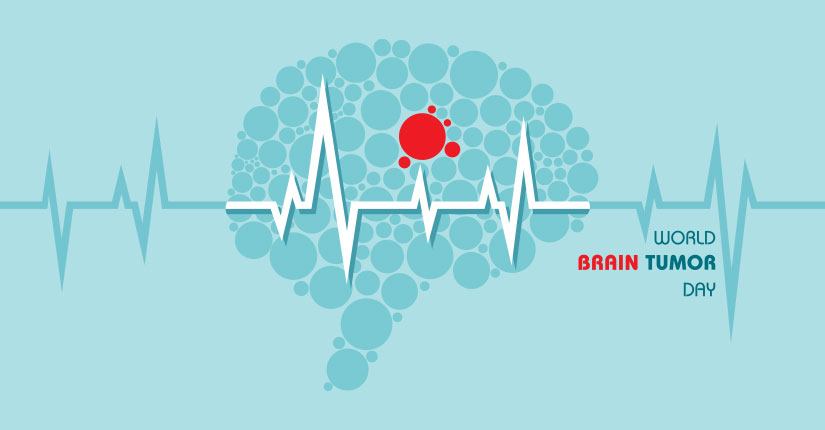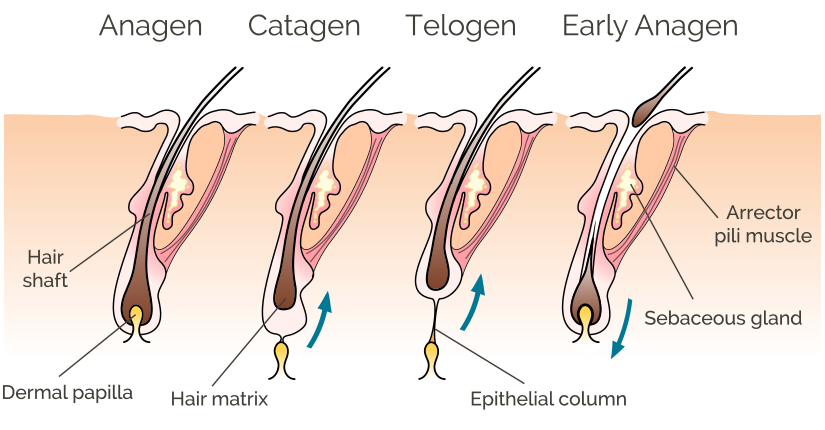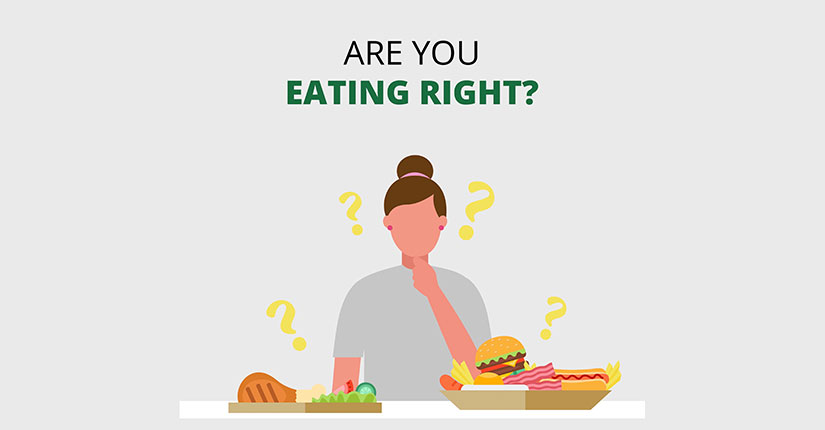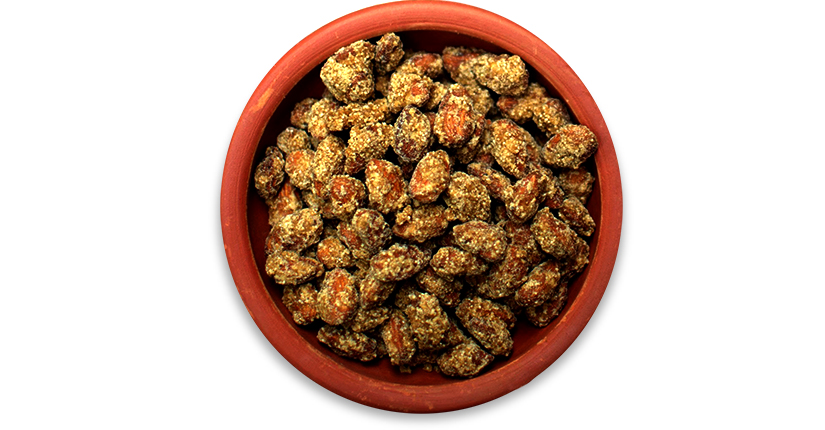Brain Tumour Awareness – Here’s what you should know
By Nmami Agarwal 08-Jun 2021 Reading Time: 6 Mins

The cluster of mass or abnormal cells in the brain is known as a brain tumour. Your skull is extremely stiff and growth inside such a rigid area can cause problems. As per health experts, there are different types of tumours- some might be cancerous (malignant) and some might be noncancerous (benign). As the tumour grows, increased pressure inside your skull will give you distressing symptoms. This will further lead to damage to the brain. This condition is very distressing and is life-threatening.
Brain tumours are further divided into two categories- primary or secondary. A brain tumour that originates in your brain is known as a primary brain tumour. These are generally benign in nature. The spread of cancer cells in your brain from other organs of the body is known as secondary brain tumour occurs.
Symptoms of brain tumour
The symptoms of a brain tumour vary as per the size and location of the tumour. You will feel symptoms when the tumour starts putting pressure on your brain. Here are some common symptoms that you may experience
- Headaches (that are generally worse in the morning when you wake up, occur while you’re sleeping, and can get severe by coughing, sneezing, or exercising)
- Vomiting
- Blurred vision or double vision
- Confusion
- Seizures (especially in adults)
- Hampered mental functioning
- Clumsiness
- Loss in memory
- Difficulty in writing or reading
- A passive mind or reduced alertness including sleepiness and loss of consciousness
- Problems while swallowing
- Drooping eyelids and unequal pupils
- Movements that are not in control
- Hand tremors
- A poor balance
- A problem in understanding what people are saying
- Fluctuations in mood, emotions, and behaviour
- Problems while walking
Risk factors for a brain tumour
- Family history: As per the experts, “only about 5 to 10% of all cancers are genetically inherited, or hereditary.” Inheritance is quite rare for a brain tumour. It is extremely vital to talk to your doctor if a lot of people have been identified with a brain tumour in your family.
- Age: As age increases, the risk for most types of brain tumours also increases.
- Chemical exposure: People who are exposed to certain chemicals or work in an environment with chemicals can increase the risk of developing brain cancer.
- Radiation exposure: People who come in contact with ionizing radiation have high chances of brain tumours.
- No history of chickenpox: According to the American Brain Tumour Association, “people with a history of childhood chickenpox have a decreased risk of getting brain tumours.”
Along with the treatments, chemotherapy and proper medications, proper nutrition can ease out the symptoms of a brain tumour while escalating the recovery process. Not only can this, adding a well-balanced diet in your routine decrease the risk of brain tumour. While the dietary guidelines for brain tumour depend upon the symptoms you are suffering from, here are some common nutrition tips that you can follow to keep yourself nourishing and to speed up the recovery process.
- Try to consume small and frequent meals
- Do not skip your meals/snacks and consume them in a well-balanced form
- Do consume a bedtime snack
- Make sure to consume homemade healthy fluids between meals.
- Consume nutrient-dense foods like mashed vegetables, cooked cereals and smoothies
- Consume soft and tender vegetables
- Do not consume acidic foods or drinks
- Avoid greasy, fatty or foods that are deep-fried
- Avoid alcohol and smoking
Footnote
Brain tumour is a life-threatening disease. Do notice the symptoms and if you are feeling any difficulty in your brain for a longer period of time, then consult a health expert. Do follow the above-written nutritional tips to ease out the symptoms. Shift your lifestyle into a healthy and active way to decrease the risk of brain tumour. Share this article with your friends and family to make them aware!





















